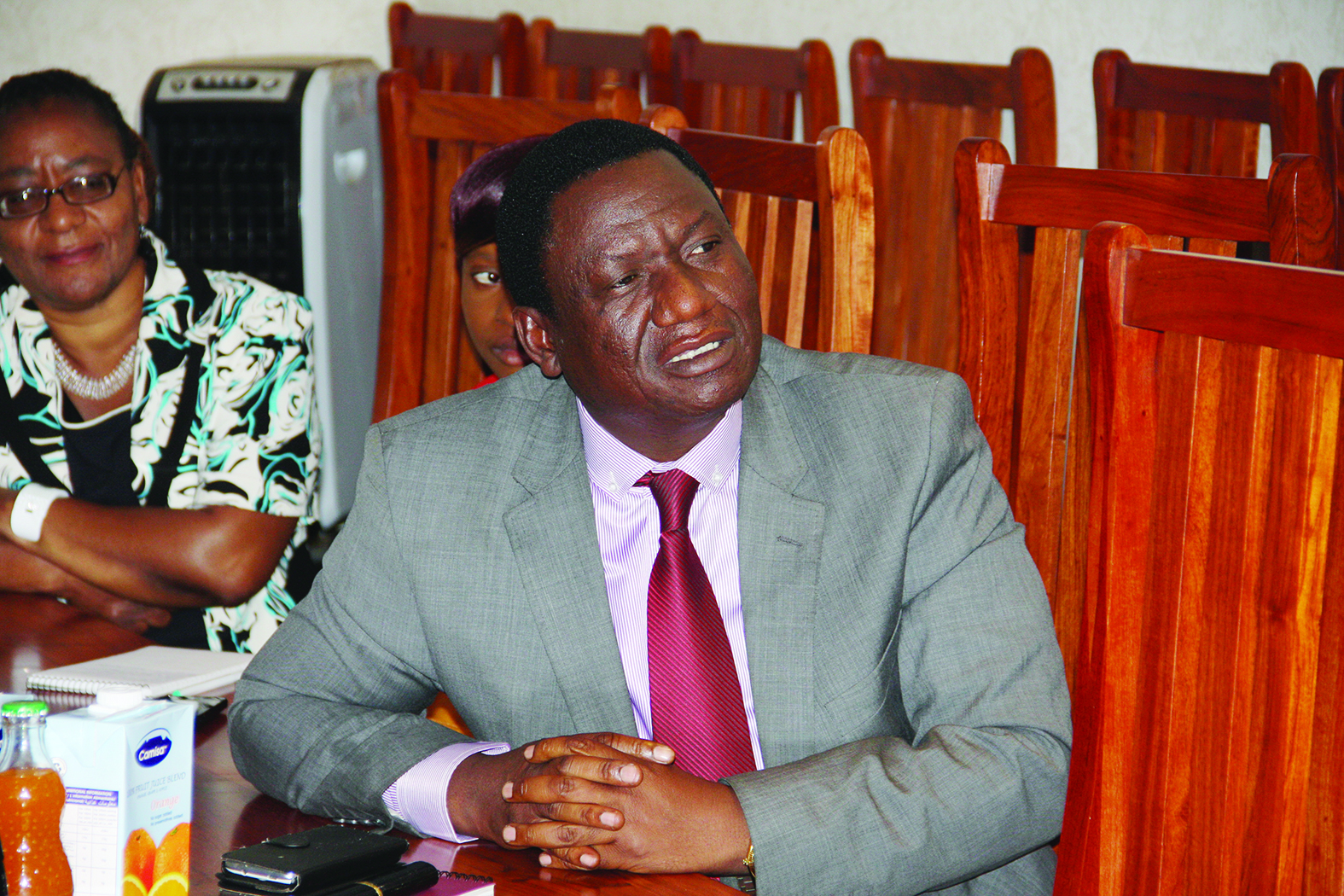FOREIGN companies are now free to invest in the broadcasting sector, which was once reserved for Zimbabweans, following the amendment of the Broadcasting Services Act, a government official has said.
Speaking at a Media Institute of Southern Africa (MISA) meeting at the weekend, deputy minister of Information, Publicity and Broadcasting Services, Kindness Paradza said the move would bring more plurality and diversity in the media sector in the country.
He said the government now allowed 40 percent foreign ownership, and another 40 percent board representation in the broadcasting media sector. This is above the regional threshold of 20 percent. “What we want, what the government, what my boss wants is to transform this industry to be a multi-billion-dollar industry, so that is our focus in this administration, this is why we have opened up the airwaves ” Paradza said.
The move follows the licencing of 14 community radio stations by government, 11 of which are already broadcasting in various parts of the country. Paradza said that once all the 14 radio stations are up, more licenses would be issued, especially to communities of interest, adding that the government had also agreed to expand the national licences for televisions stations beyond the six already issued, of which five are already operating.
He said all this goes to show that government is committed to media reforms as the country builds up to the 2023 harmonised elections slated for August this year. He highlighted that the media landscape in the country had improved over the last few years under the new dispensation, compared to the First Republic.
He said President Emmerson Mnangagwa decided to reform the media industry on his own volition without undue influence from anyone. As a result, he said the Access to Information and Protection of Privacy Act (AIPPA) had been scrapped, paving way for two progressive laws — Freedom of Information Act and Zimbabwe Media Commission Act.
The country is now seized with the Media Practitioners Bill whose principles have already been approved by cabinet, and the Attorney General was now drafting the Bill which will deal with the media’s professionalism, code of ethics and code of conduct, among other things.
The Bill, added Paradza, would set up co-regulation of the industry as has been agreed upon by various stakeholders. He said both selfregulation and statutory regulation failed. By co-regulation, Paradza said it does not mean the government sitting on one side, the media on the other, but the Zimbabwe Media Commission (ZMC) working with the media, whilst the government played a referee’s role.
This arrangement is not permanent, but it is just a precursor to self-regulation which will come at a later stage. On the issue of double accreditation of the media by ZMC and the Zimbabwe Electoral Commission (ZEC) for elections, he said plans were already afoot to abolish the latter. — New Ziana








